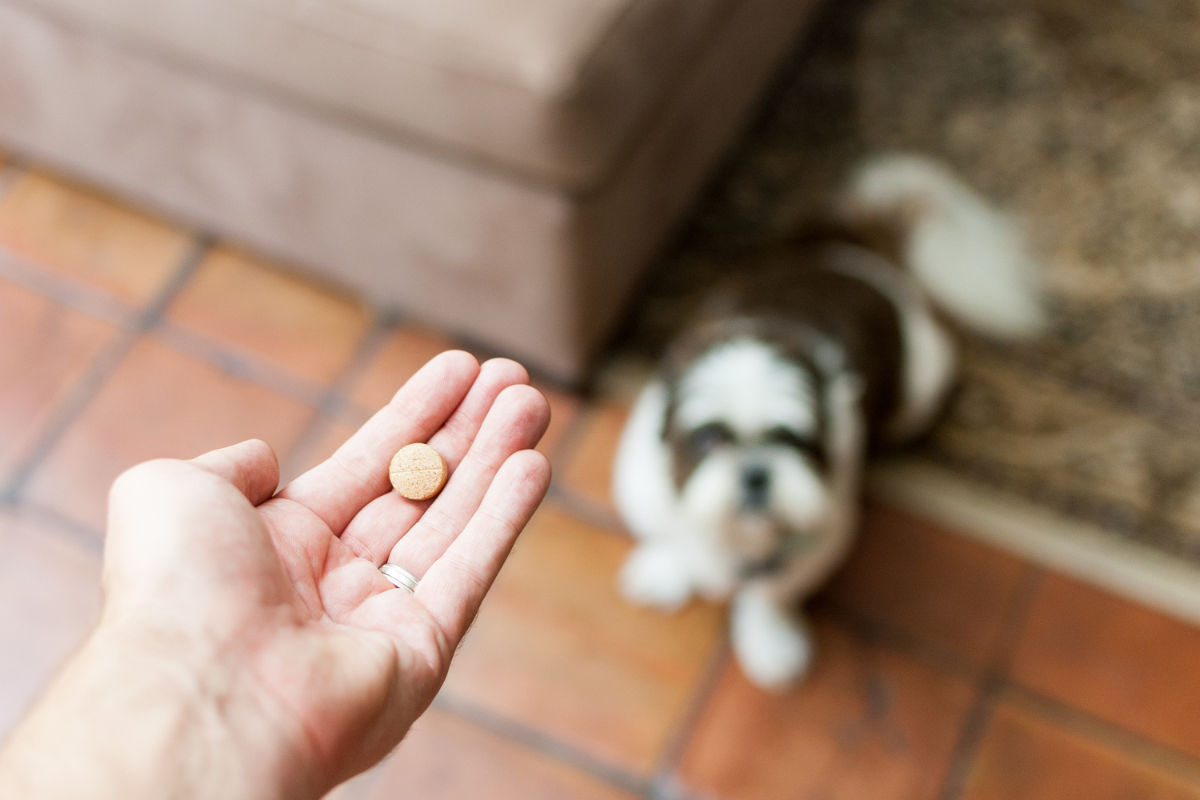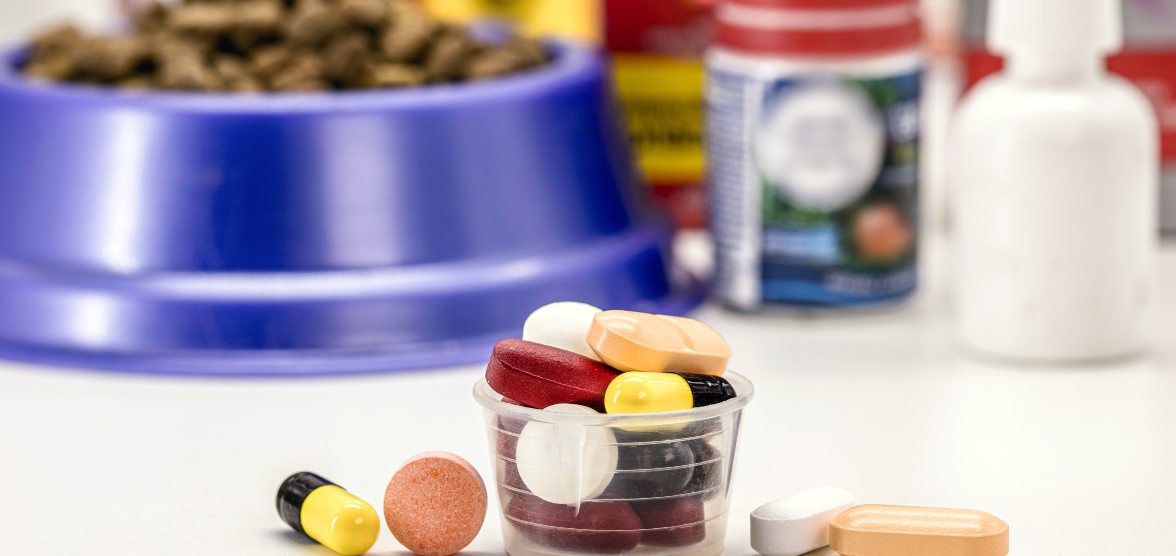Tips For Managing Your Pet’s Medications
Caring for our pets goes beyond feeding, grooming, and routine check-ups—it also means properly managing their health, especially when medications are involved. Ensuring your pet’s medications are handled correctly is essential for their well-being and can make life as a pet parent much smoother. Whether your pet is recovering from surgery, managing a chronic condition, or taking preventive treatments, staying on top of their medications can sometimes feel overwhelming. Here are some helpful tips for managing your pet’s medications effectively.

Tips For Managing Your Pets Medication
1. Follow the Prescription Exactly
Always administer your pet’s medications as prescribed by your veterinarian. Whether it’s antibiotics, pain relief, or other medications, following the prescribed dosage and timing ensures that the medication works as intended. Missing doses or administering too much medication can hinder recovery or cause potential side effects. If your pet resists taking their medication, talk to your veterinarian or pharmacist for advice on alternative forms, like compounded medication that might taste better or be easier to administer.
2. Create a Medication Schedule Staying organized is essential. Create a chart or use an app to track when your pet needs their medication. Include details like dosage, time of administration, and the type of medication. Setting alarms or reminders on your phone can help ensure that no dose is missed, especially if your pet requires multiple medications or has a complicated schedule.
3. Use Pill Organizers or Blister Packs Just like humans, pets may be on several different medications at once. Pill organizers or pre-filled blister packs can help you keep everything sorted. This method prevents confusion, particularly if you have multiple pets or your pet takes medications at different times throughout the day.
4. Monitor Your Pet’s Response Pay attention to how your pet reacts after taking medication. Some pets may experience side effects, such as drowsiness, changes in appetite, or gastrointestinal upset. If you notice any adverse reactions or if your pet’s condition doesn’t seem to be improving, contact your veterinarian immediately. Regular check-ups with your vet will also help ensure that the medication is still appropriate or if adjustments are needed.
5. Store Medications Properly Storing medications in the right environment is crucial for maintaining their effectiveness. Always follow the storage instructions on the medication label. Some medications need to be refrigerated, while others should be stored in a cool, dry place. Be mindful to store them out of reach of children and pets to avoid accidental ingestion.
6.Partner with a Compounding Pharmacy If your pet has difficulty taking medication due to taste, size, or texture, a compounding pharmacy can provide customized solutions to solve your pets medication problems. Our team at VetMedics Compounding Pharmacy specializes in creating tailored medications that are easier for pets to take, such as flavored liquids, gels, or transdermal creams. Custom compounding allows for more accurate dosing and can significantly reduce the stress of medicating your pet.

Consult Your Veterinarian: Enhance Your Pet’s Quality of Life with VetMedics Compounding Pharmacy
At VetMedics Compounding Pharmacy, we are committed to improving the quality of life for pets and simplifying the medication process for pet parents. If you’re a veterinarian in New York, consider partnering with us for customized compounding medications that are tailor-made for each patient. By working together, we can ensure that pets receive the medications they need in the easiest and most effective forms possible.
Managing your pet’s medications doesn’t have to be a challenge. With the right approach and the help of a trusted compounding pharmacy, you can keep your pet happy, healthy, and on the path to wellness. Contact VetMedics today!
 ACCOUNT LOGIN
ACCOUNT LOGIN ACCOUNT SIGN-UP
ACCOUNT SIGN-UP





 CLINIC LOGIN
CLINIC LOGIN